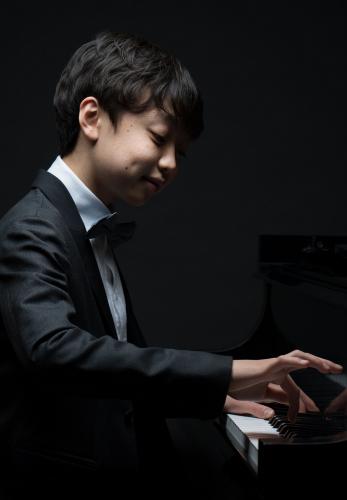PERFORMANCE/DINNER
I don't know how to explain the performance... ?
I'm not so sure about this... ?
Like a Rose, love is soft & sweet, with many shades, infinite layers, & the occasional brutal thorn. Are you ready to experience a night of love in all its forms? Are you ready to ignite your heart with a full spectrum of delicious emotion?
Rose is an intimate dinner variety show with a lavish flower-inspired menu. Join Combustion Inc. & The Brooklyn Proposition for an indulgent smorgasbord of evocative live performances & opportunities for genuine & meaningful connection with performers & guests. Whether you’re partnered or single this Valentine’s Day, there is something beautiful- something body & soul-stirring- for you at Rose. Our family welcomes you with open hearts.
Timing - Cocktail hour 7-8, seated dinner and performance 8-10.
General Open Seating - Choose your seat(s) when you arrive at the event. Drinks can be purchased separately through our waitstaff by paying with a credit card.
Choice Seating Plus Perks - Choose seat(s) for you and your guest(s) online before you arrive. Perks include 2 beverages from the Rose specialty drink menu and extra attention from the performers.
Custom Experience Add On - Have our creative directors script a scene, write a name in fire, stage a moment, project photos, or present your guest with a gift as part of the event. Event directors will contact you directly to create the custom experience with you.
Dress Code - Dress to match our menu- fancy, formal, floral, & delicious! Rosy reds & pinks are encouraged.
Menu Options - Choose from a vegan or omnivore option at check out. Both menus are Prix Fixe and include 5 plated flower-inspired courses that excite the senses.
FULL MENU:
Salad:
Burrata on Arugula w/ Pistachio & Pomegranate, Balsamic Reduction
Vegan option: Coconut Chia Seed Globe on Arugula w/ Pistachio & Pomegranate, Balsamic Reduction
Appetizer:
Bacon “Rose”, Parsnip & Goat Cheese Galette
Vegan option: Parsnip Galette w/ Cashew Cheese
First Main:
Rose Shrimp Scampi w/ Herb Crouton
Vegan option: Rose Artichoke Scampi w/ Herb Crouton
Second Main:
Rose & Chocolate Braised Short Rib on Pink Peppercorn Polenta cake.
Vegan option: Rose & Chocolate Braised Cauliflower Steak on Pink Peppercorn Polenta cake.
Desert:



















































